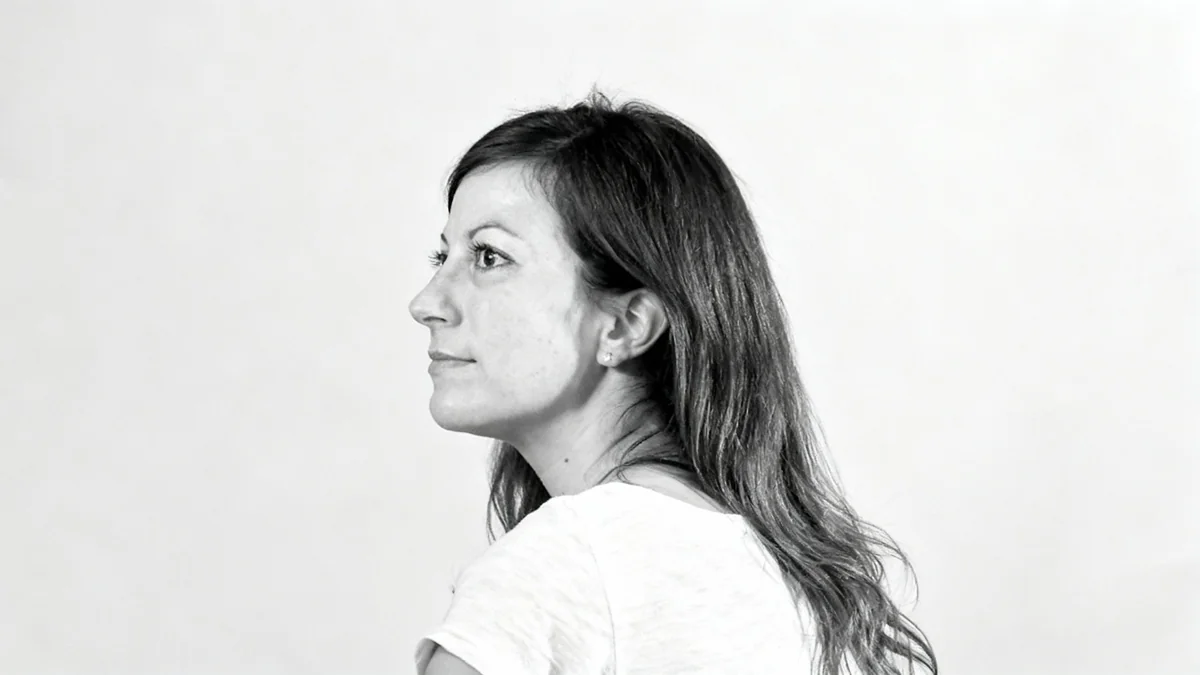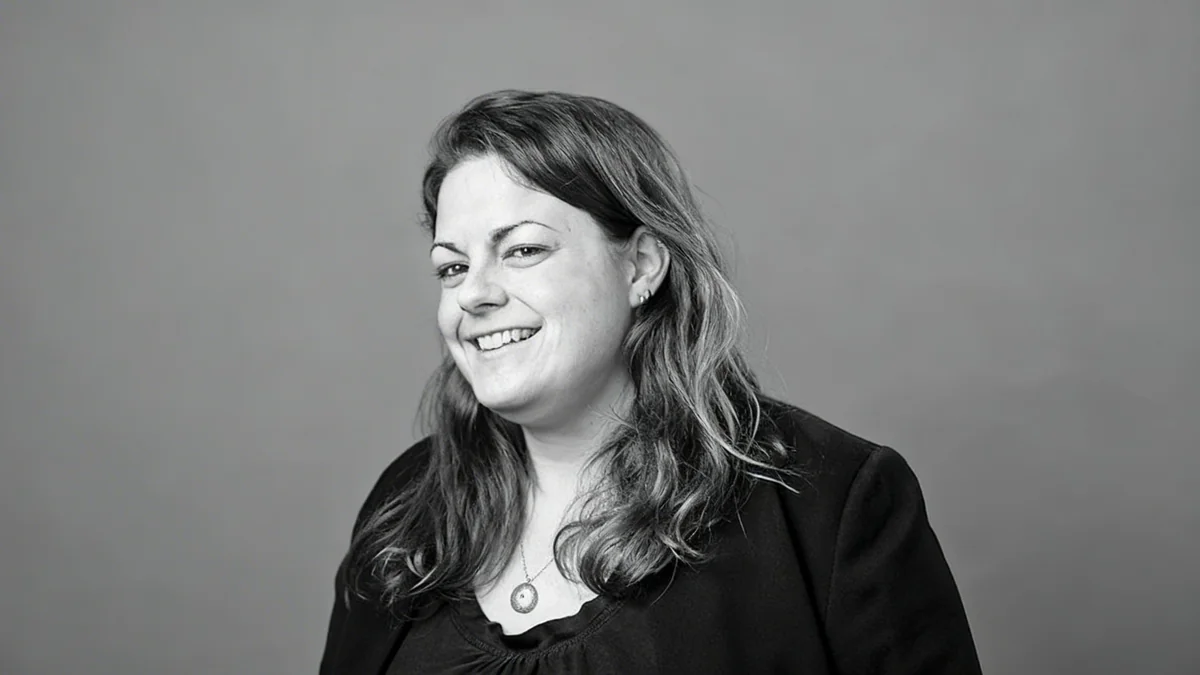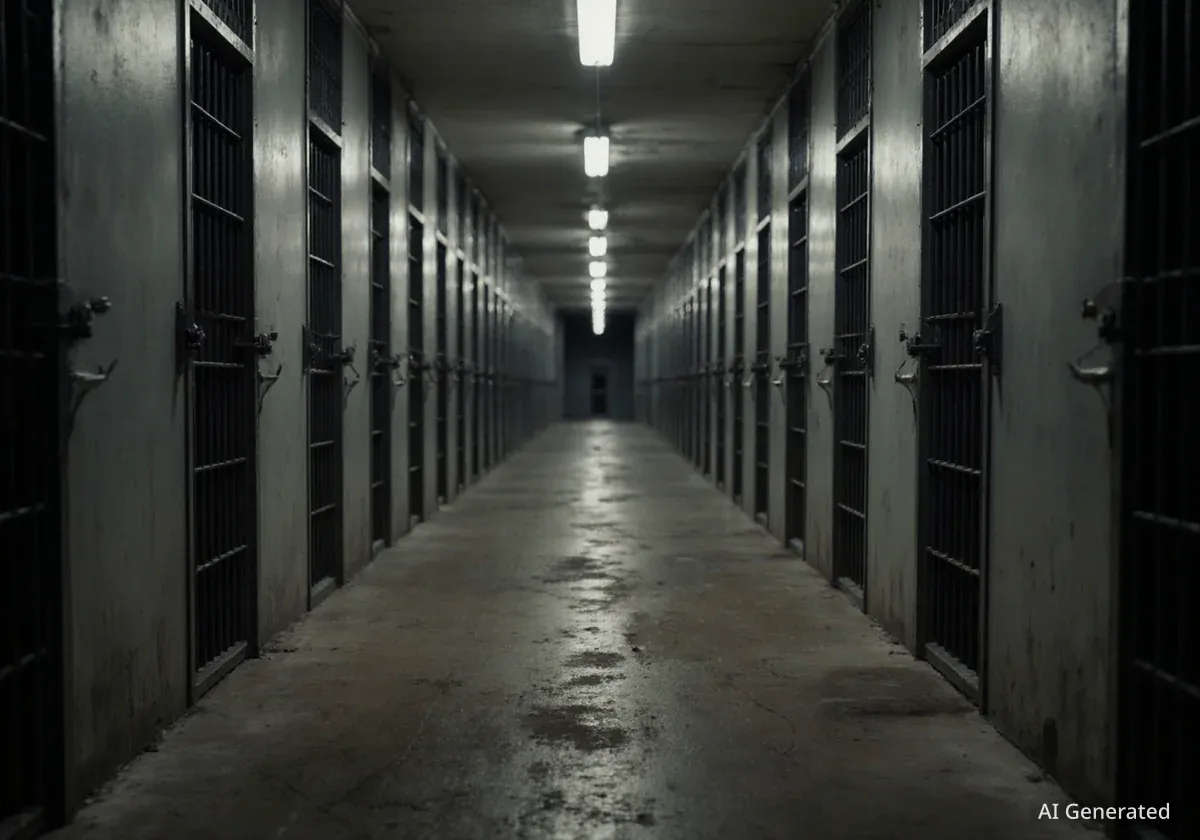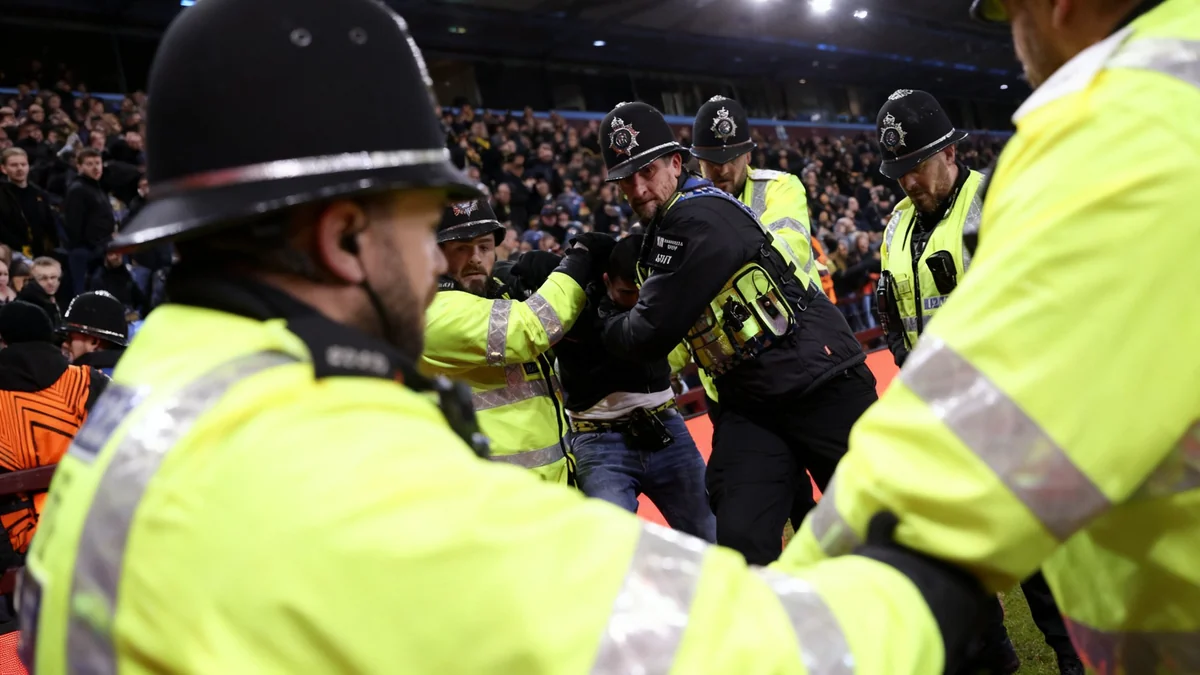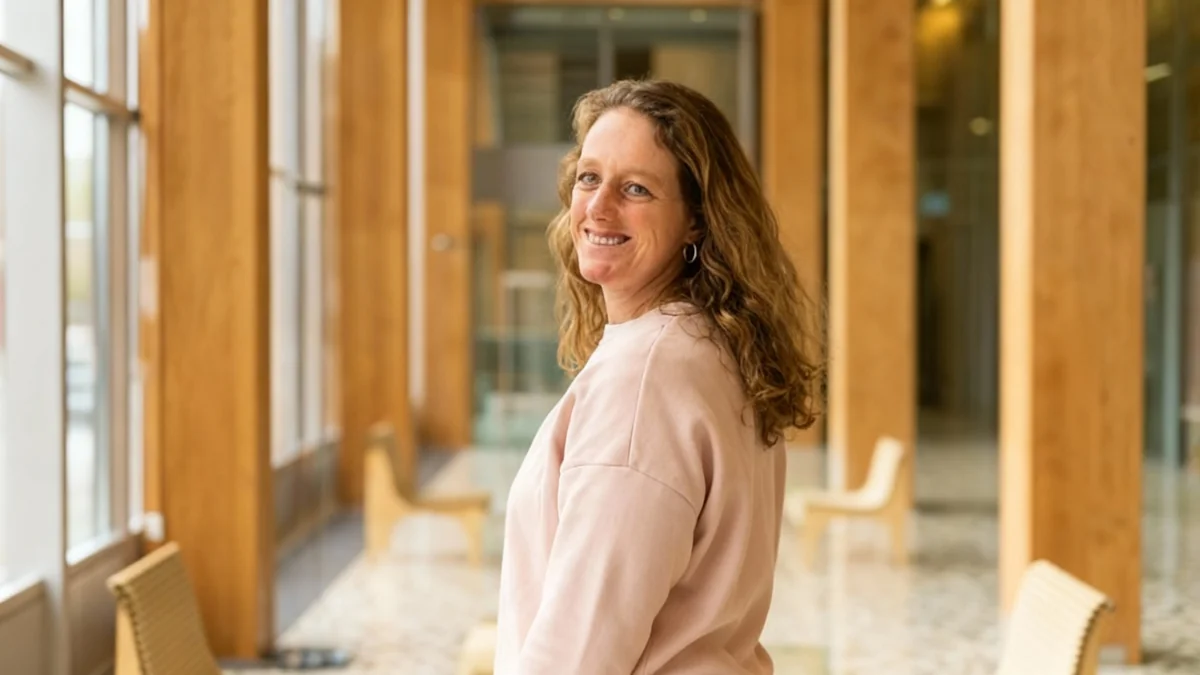The mother of a boy who was the sole witness in a high-profile murder case is now calling for systemic changes to the Swiss legal system. She argues that her son, who was 12 at the time, endured immense psychological distress without adequate support, highlighting a critical gap in protections for minors who are not direct victims of a crime.
Her campaign has launched a national conversation about the responsibilities of the justice system toward its youngest and most vulnerable participants.
Key Takeaways
- The mother of a 12-year-old key witness in a Bern murder case has started a petition for legal reform.
- The boy's testimony was crucial in the conviction of a woman for the murder of her 8-year-old daughter.
- The family reports severe psychological trauma and a lack of institutional support during the investigation and trial.
- The petition calls for mandatory legal counsel, psychological support, and standardized, child-friendly interrogation procedures for all minor witnesses.
The Weight of a Testimony
In February 2022, a case that shocked the community unfolded in the Könizbergwald near Bern. An eight-year-old girl was found deceased, and her mother was later charged with the crime. The investigation hinged on limited evidence, making the account of a single witness critically important.
That witness was a 12-year-old boy, identified by the pseudonym Lukas. While walking his dog on the evening of February 1, 2022, he saw the mother and her daughter walking into the forest together. He was the only person to place them at the scene.
His mother, Daniela S. (name changed), recalls the moment her son realized the gravity of what he had seen. "When he came home and told me he needed to speak with the police, he was completely distraught," she explained. "We had no idea what was about to unfold."
A Traumatic Legal Journey
Lukas provided his statement to the police in an interview that his mother says lasted approximately four hours. In the months and years that followed, the weight of being the key witness took a heavy toll. Daniela S. described how her son struggled with guilt, anxiety, and fear.
"He would cry a lot. He started blaming himself, wondering if he could have done something to save the girl," she said. "Later, he became afraid that the accused woman might seek revenge. At one point, he told me, 'I wish I had never said what I saw.'"
The situation intensified during the trial. The defense strategy focused on discrediting Lukas's testimony. The court heard about an anonymous letter sent to the Child and Adult Protection Authority (Kesb) which made false accusations against the boy. Although police investigations quickly dismissed the claims, the defense lawyer used the letter in court, and some media outlets reported on the challenge to the young witness's credibility.
The Verdict
In a second-instance ruling, the Bernese High Court sentenced the 33-year-old mother to 18 years in prison. The conviction was based on 16 points of circumstantial evidence, with Lukas's testimony being a cornerstone of the prosecution's case. The verdict is expected to be appealed to the Federal Supreme Court.
A Call for Systemic Change
Feeling abandoned by the system, Daniela S. sought psychological help for her son through their family doctor. "We were completely on our own," she stated, explaining her frustration with the lack of proactive support from legal and child protection authorities.
This experience has motivated her to become an advocate for change. She launched an online petition that has already gathered nearly 7,000 signatures. The petition outlines several key demands for reforming how the Swiss justice system handles minor witnesses:
- Mandatory Legal Counsel: Every minor witness in a serious criminal case should be assigned a lawyer from the outset.
- Psychological Support: Professional mental health services should be made available immediately and throughout the legal process.
- Parental Involvement: Parents should be fully informed about the process and have the right to be present during questioning.
- Standardized Procedures: Interrogations of children must follow strict, age-appropriate guidelines to minimize stress, including limits on duration.
Expert Views on Current Protections
Legal experts acknowledge that some protections for minors already exist in Swiss law. For example, witnesses under 15 are not legally obligated to tell the truth and cannot be prosecuted for false testimony. During questioning, defense lawyers and prosecutors are often in a separate room, submitting questions through a specially trained interviewer.
However, specialists like Annegret Lautenbach of Kinderanwaltschaft Schweiz (Child Advocacy Switzerland) believe this case highlights significant gaps. She suggests that in a case with such high stakes, legal and psychological support should have been provided immediately, treating the minor witness with the same level of care as a victim.
The Path Forward
The Bern Cantonal Police stated that the initial interview with Lukas was conducted by specially trained officers and lasted two hours, which they consider within acceptable limits. They also noted that Daniela S. was informed she could accompany her son but was unable to due to another child being ill at home. She says she was not informed of the serious nature of the case, believing it was related to an accident.
For Lukas, who is now 15 and in an apprenticeship, sports have been a crucial outlet for processing the trauma. His mother says that while he rarely speaks of the events, the experience continues to affect him. A therapist offered him a perspective that has helped: "You did this for the girl who no longer has a voice."
Daniela S. has submitted her petition to the Federal Parliament and is awaiting a response. Her efforts have drawn support from various child advocacy organizations, signaling a growing consensus that while Lukas's case may be extreme, it exposes a vulnerability in the justice system that needs to be addressed to protect future child witnesses from similar ordeals.
